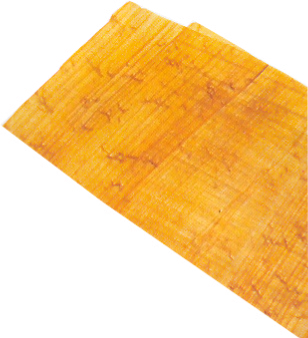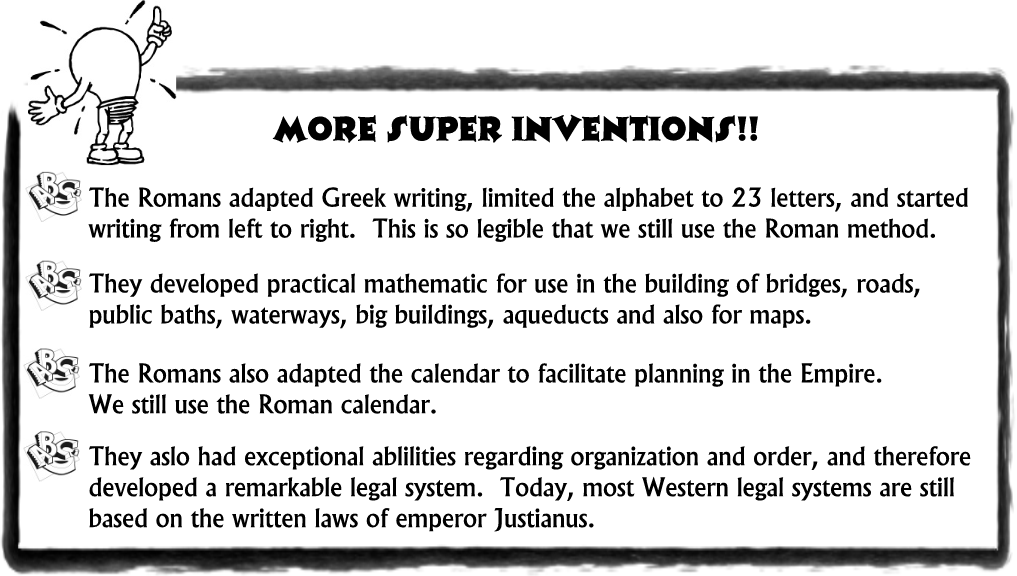| << Chapter < Page | Chapter >> Page > |
Schools
Mostly children of wealthy people regularly attended school. The teachers usually were from Greece, and were very strict with their pupils: punishment dealt out by these poorly paid teachers was very severe. School started early in the morning and lasted till late in the afternoon. Boys and girls between the ages of 7 and 12 attended separate primary schools to learn to read, write and do mathematics. They wrote on wax tablets or wooden boards, using a stylus. The languages that were taught were Greek and Latin.
Girls left school at the age of 13 and were then taught to become good home- makers. The boys attended a practical secondary school, the grammaticism, where books, poems, practical maths, music and public speaking received a lot of attention as well as in-service training in the army. Pupils loved to play games, such as "Blind man's buff, King, Judge" or "Gladiator". Sometimes they also played with hoops, dolls or masks and they enjoyed visiting public bath houses in their free time.
a) Design your own school time-table for an ancient school for one day. Use the Roman alphabet and numerical system, as well as the same kind of writing materials [reed pen (stylus), ink].

Reed pen

Ink (mixed with water)

Papyrus
b) How would children living in ancient Rome have solved the following problem? There are three possible solutions!
The people of Rome are very unhappy because the price of bread has been increased again and many cannot afford it.
(Mark your choice!)

c) As a qualified architect you are asked to help plan another big city, nearly as big as Rome. The following key and grid should help you. The symbol table indicates the amount of space (squares) needed. Have another look at the day-trip in Rome, earlier in this module. GOOD LUCK WITH THIS B-I-G ASSIGNMENT!

(With each symbol the number of structures is indicated.)
Although the Romans adopted the Greek gods, their gods were less human and more divine. They also believed in magic. In most houses there were altars for lares and penates, house gods of the family (Source. 1). During public occasions offerings were made to the gods. At the beginning there was a temple for each god. Priests and chief officials officiated at the religious ceremonies. Ordinary people also attended temple services, even though they did not really play an important part. When a sick or injured part of the body was healed, a model of it was made and consecrated to the gods.
Gradually fewer citizens (especially educated Romans) believed in gods, and many temples became neglected. There was still a temple, however, at which people could ask for the favour of the gods, in exchange for gifts. This led to the tradition, in the time of Caesar Augustus (27 B.C. – 14 A.D.), to honour the emperor as a god. People had to show their loyalty by burning incense in front of a statue of the emperor.

Notification Switch
Would you like to follow the 'Social sciences: history grade 5' conversation and receive update notifications?